Arrowquip Blog
Insights, stories, and updates from the world of cattle handling.
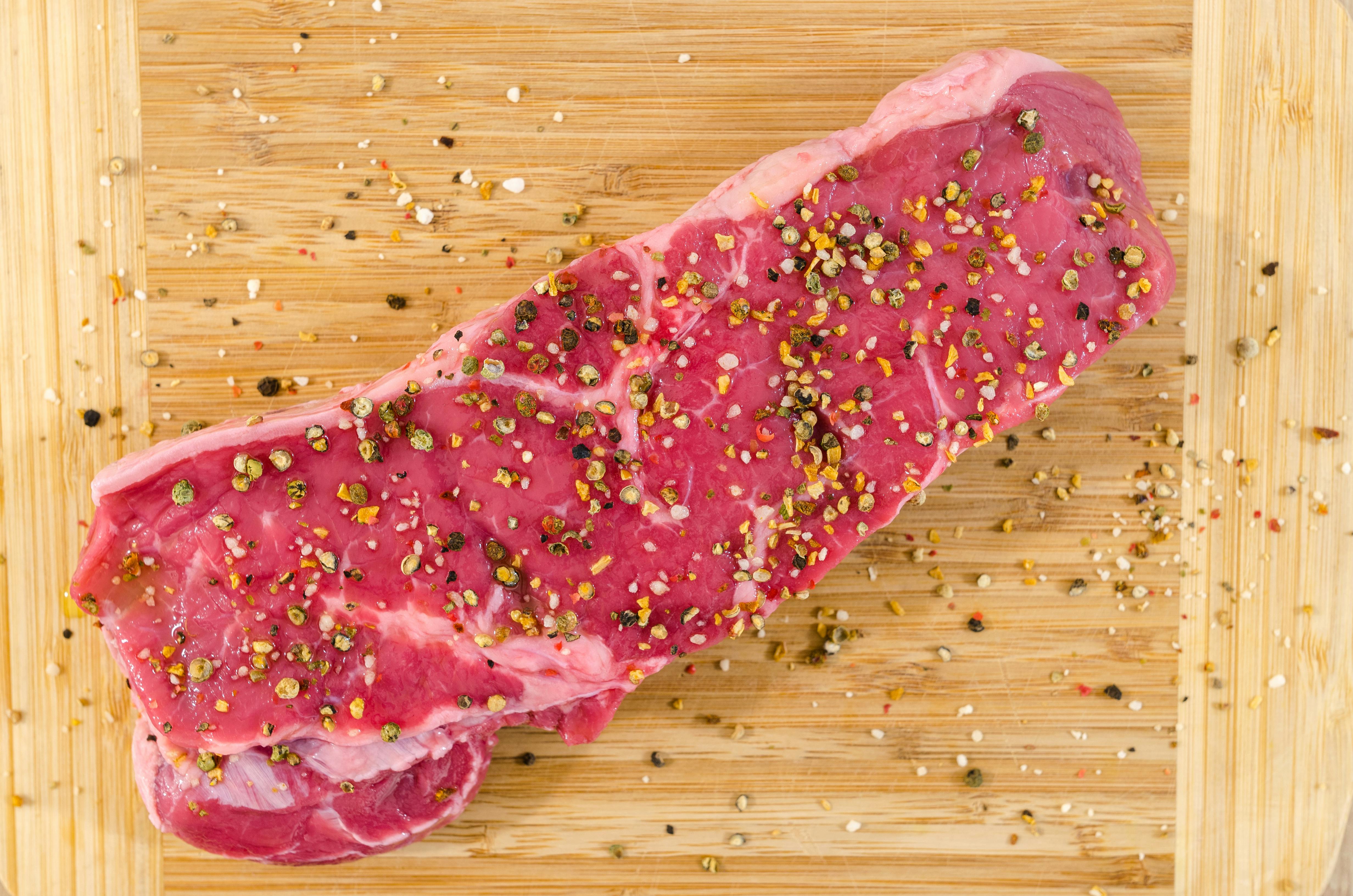
Trump Administration Announces New Food Pyramid Shift
The Trump administration unveiled a new food pyramid that shifts U.S. nutrition policy toward whole, nutrient-dense foods and away from ultra-processed options.
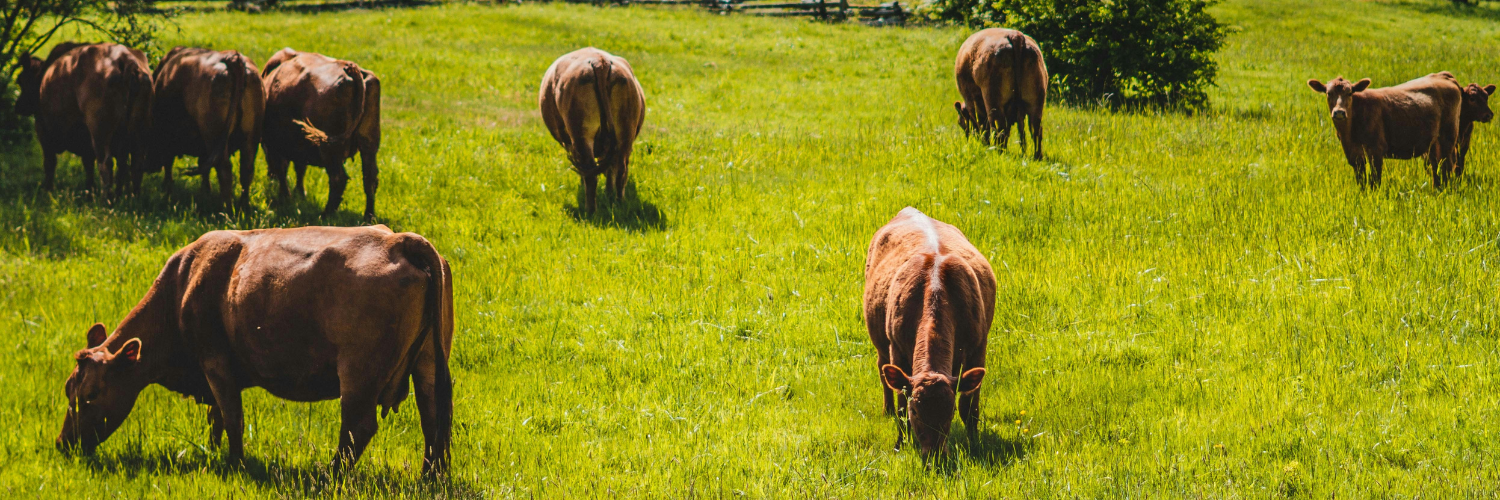
Selecting the Right Cattle Feed Plans
A good beef cattle feeding plan that considers nutrition, cost, and feed availability can boost farm profits by improving cattle health and the quality of the final product.
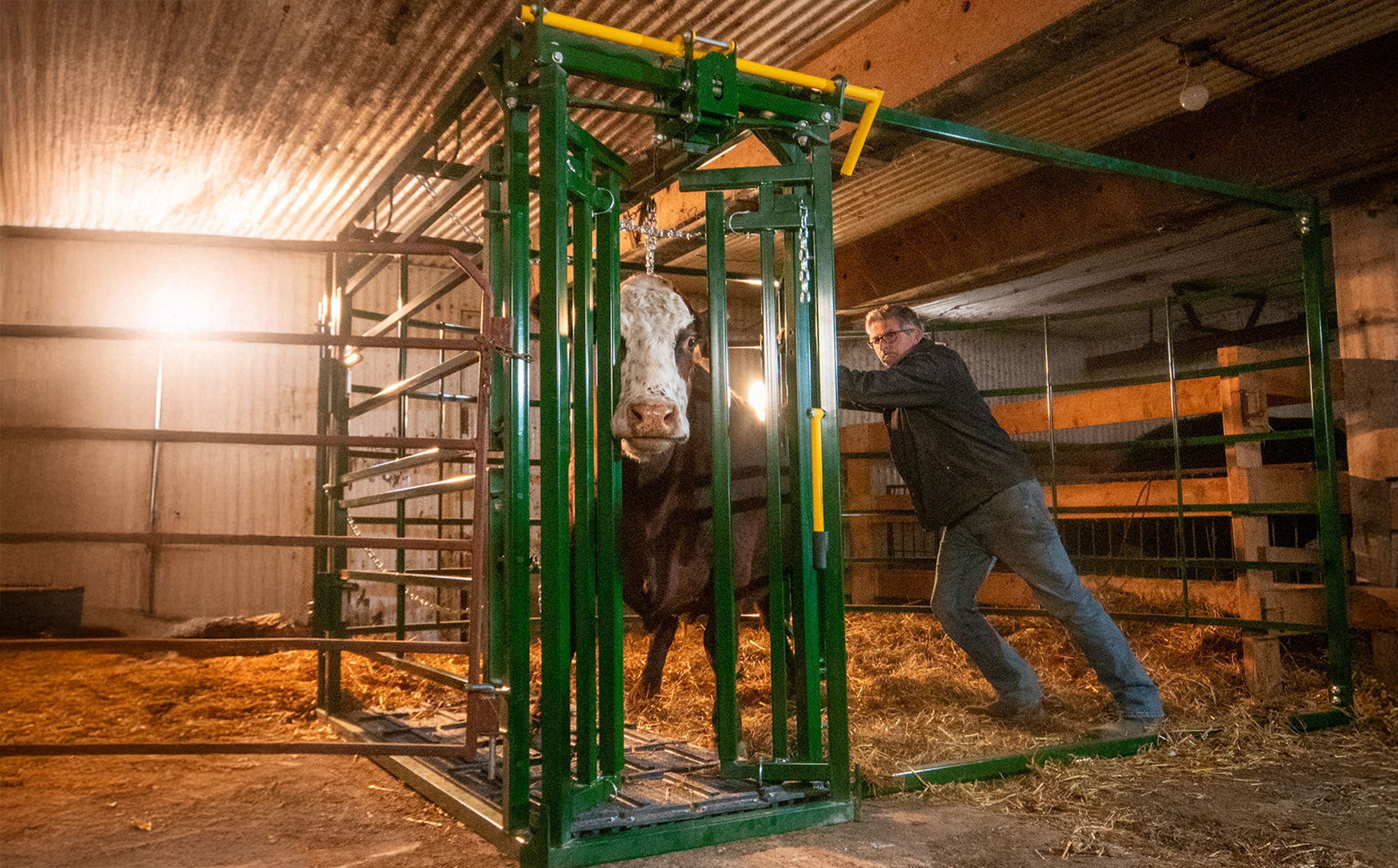
The Top Calving Pen Design Mistake (And How to Fix It Fast)
A corner-free calving pen reduces stress, improves cattle flow, and keeps handlers safer. Learn how design changes can prevent injuries, support low-stress calving, and improve overall pen efficiency.

8 Important Things to Look For in Your Cattle Maternity Pen
Discover the 8 most important features of a safe, low-stress cattle maternity pen, from access and privacy to biosecurity and calving supplies, so you’re prepared for any calving situation.
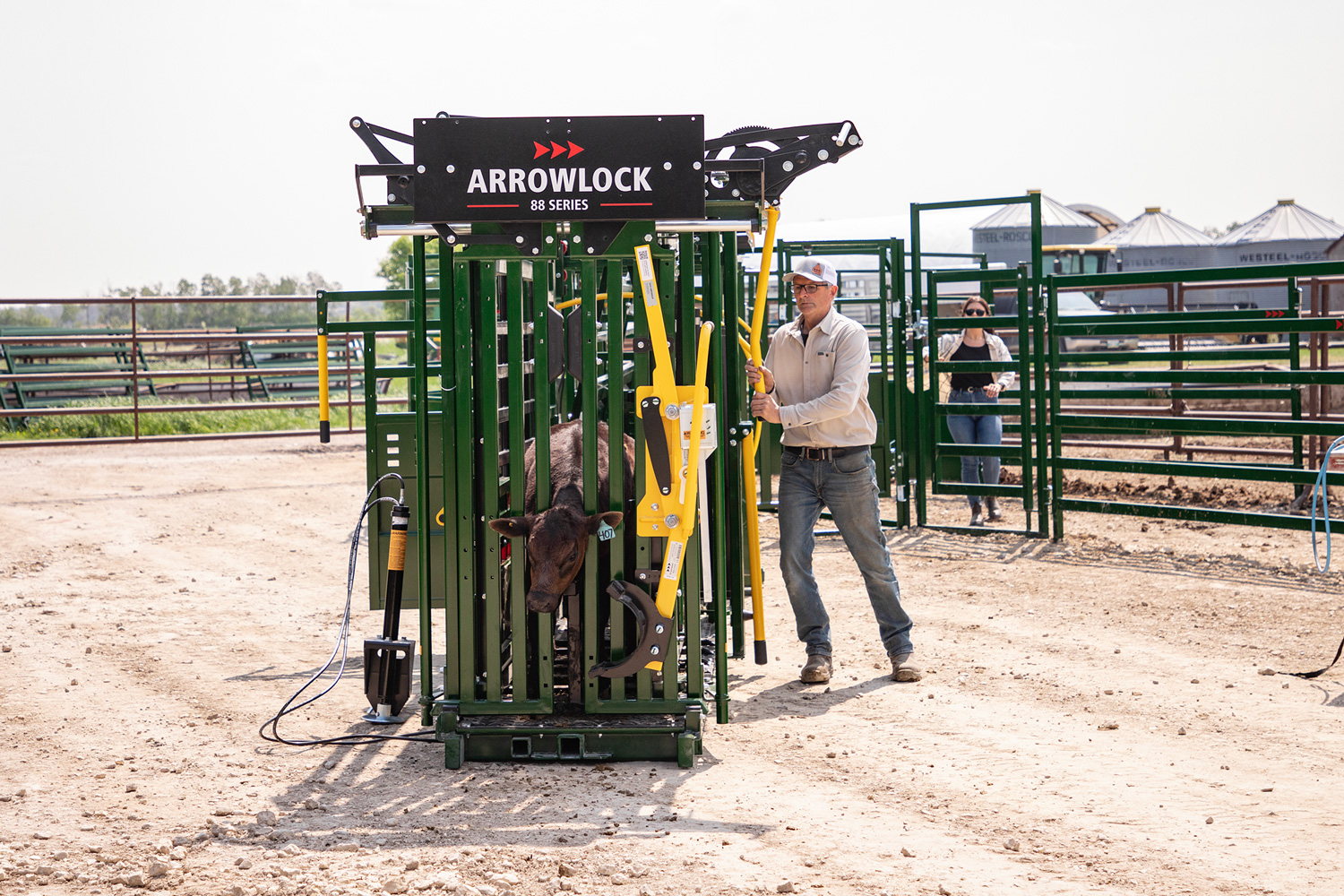
The Evolution of Cattle Head Gates
Cattle head gates have evolved from simple posts to modern designs built for safety, low-stress handling, and better control. Learn how today’s head gates improve cattle flow and handler efficiency.
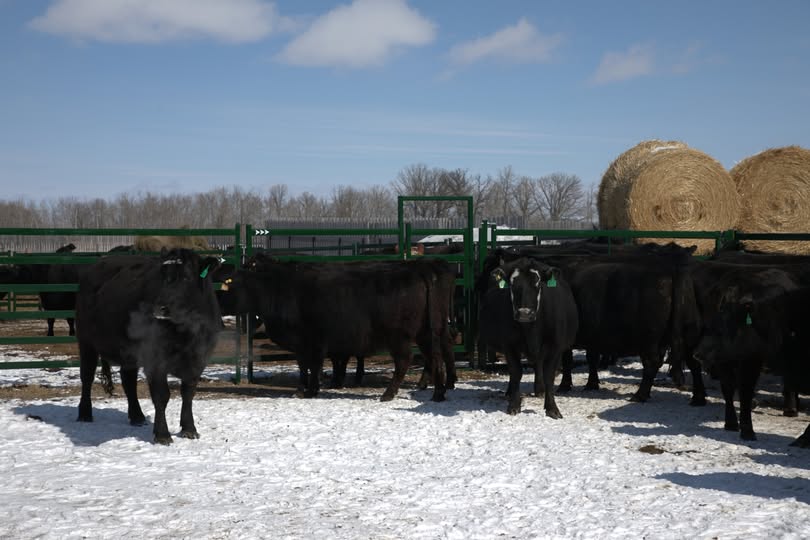
Top Winter Cattle Handling Tips for Cold-Weather Safety
Learn how to handle cattle safely in winter with tips on hydration, shelter, cattle equipment maintenance, and low-stress handling to keep your herd calm and your crew safe.
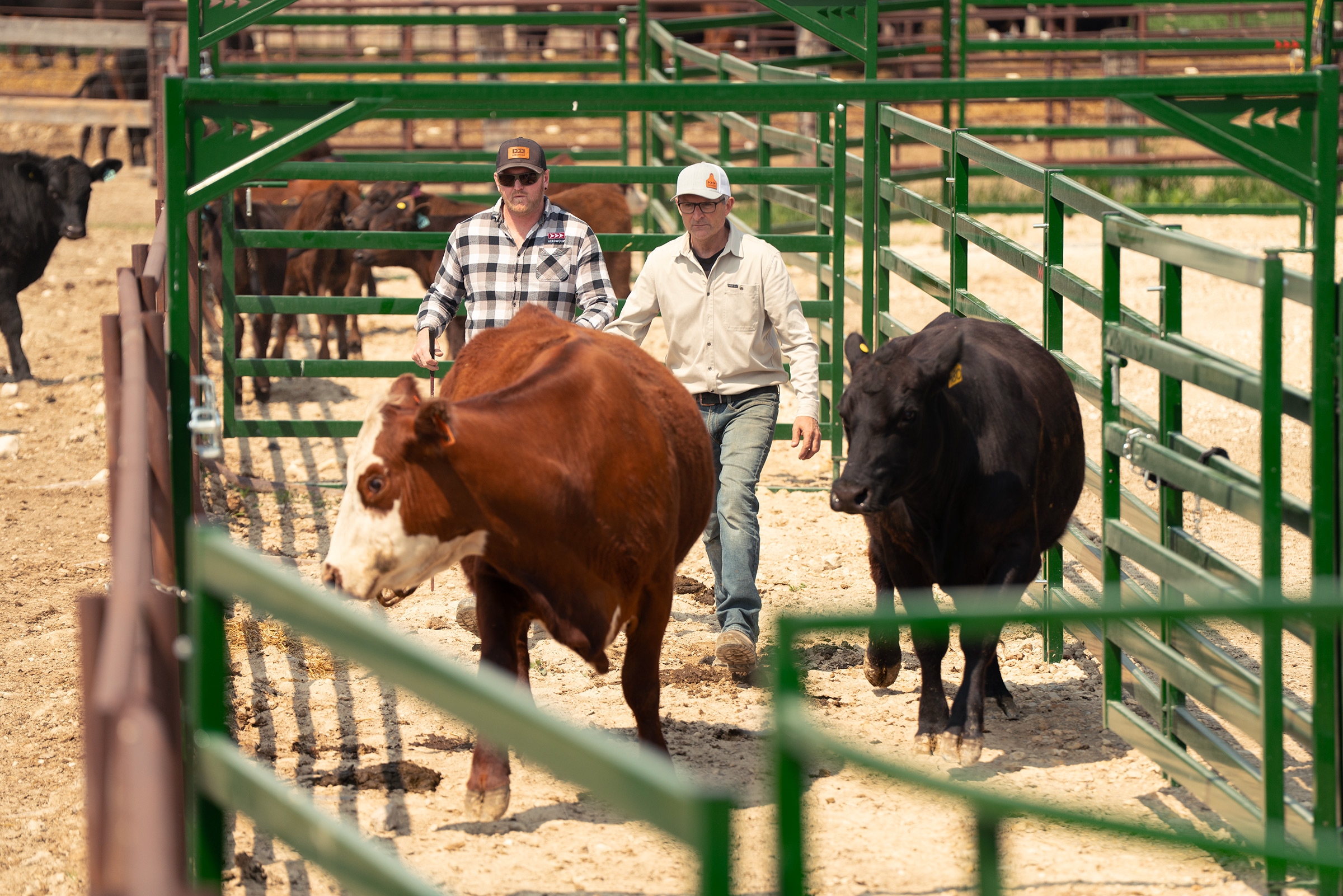
The 6 Costly Cattle Handling Mistakes Most Ranchers Don’t Realize They’re Making
Discover the 6 costly cattle handling mistakes most ranchers don’t realize they’re making, and simple low-stress fixes that improve cattle flow, safety, and herd health.
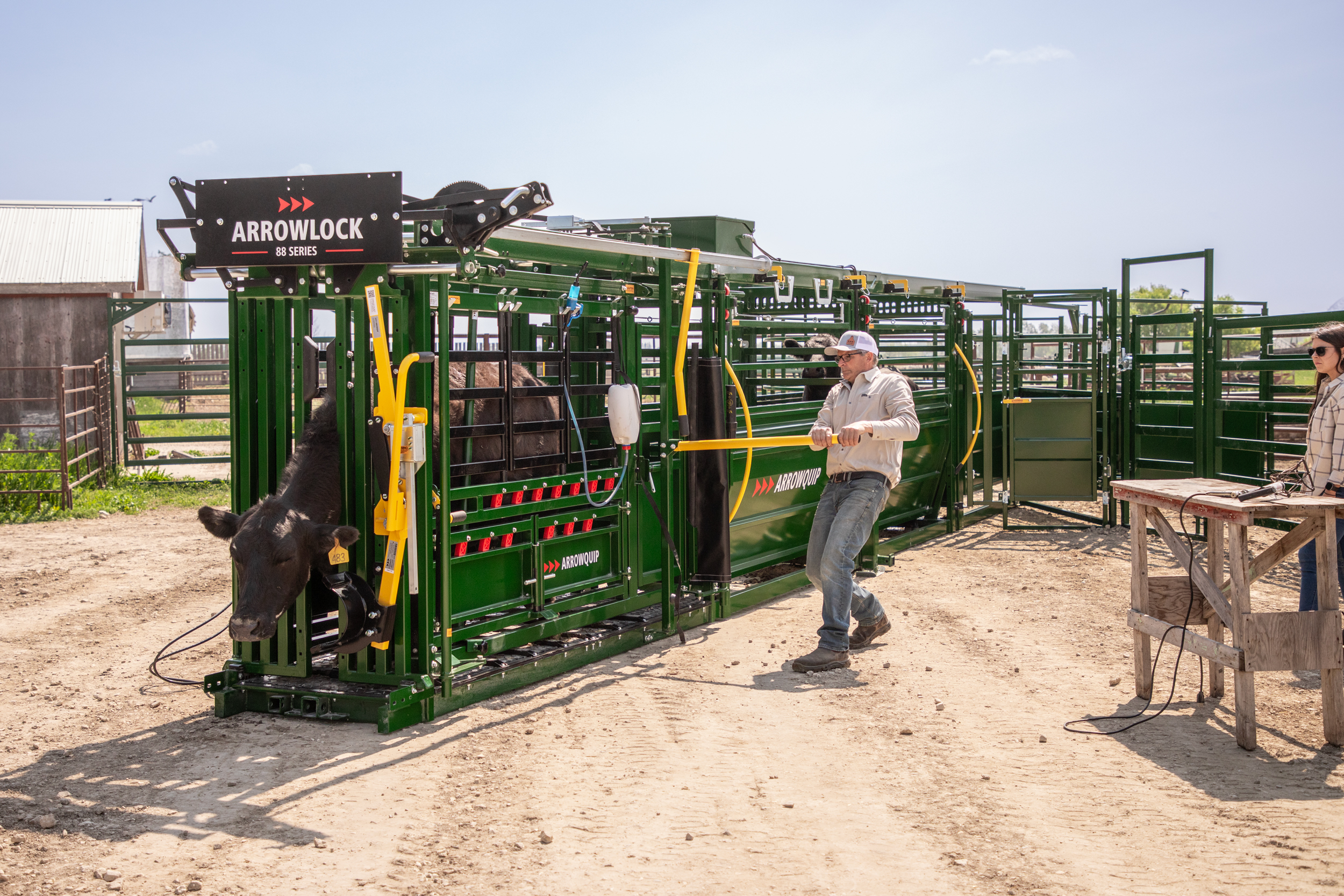
10 Reasons Why You Need a Proper Cattle Chute
Discover 10 key reasons a proper cattle chute improves safety, efficiency, and animal welfare for today’s ranchers. Built for calm, low-stress cattle handling.
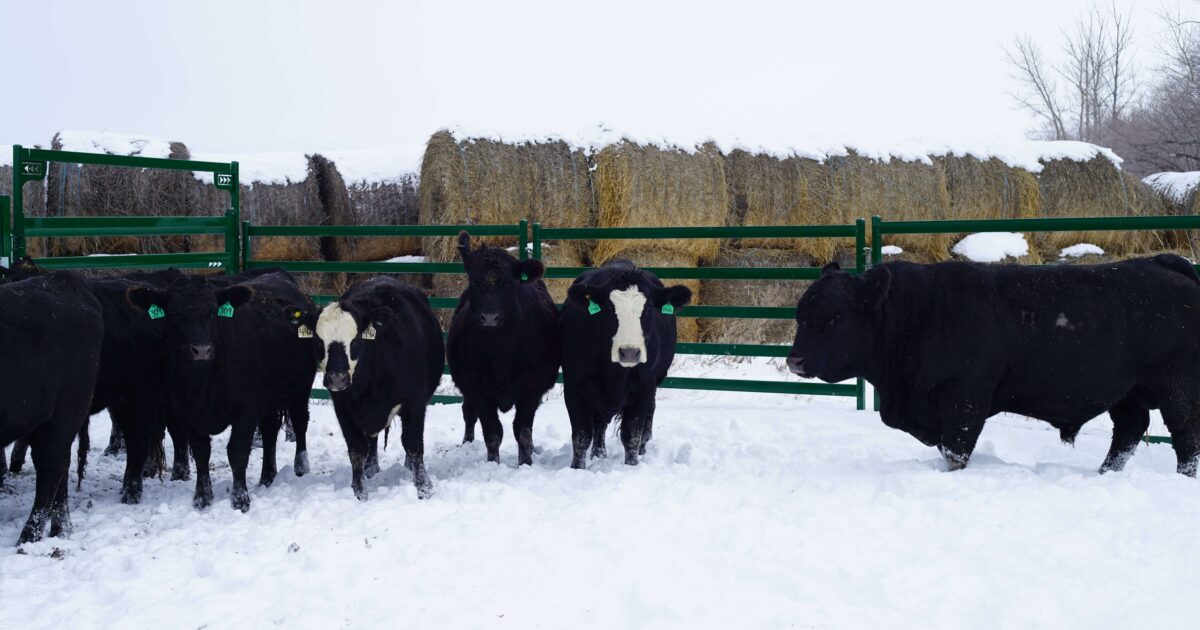
Preparing the Ranch for the Winter Months
Get your ranch winter-ready with these steps to prepare your cattle and operation. From feed prep to equipment checks, getting ahead keeps your herd safe and chores manageable through cold months.
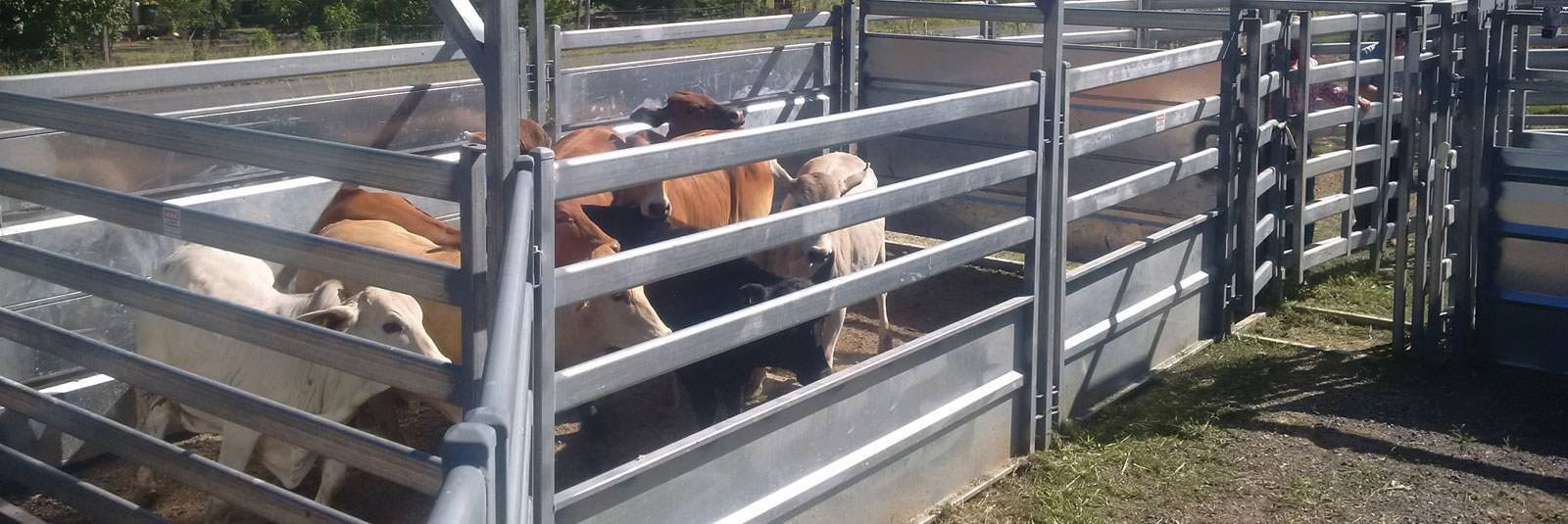
Beef Buddy - What is it and How Does it Help Cattle Producers?
Time is short and help is scarce for cattle handlers. The Beef Buddy uses cattle instincts and low-stress handling principles to move animals efficiently and safely.
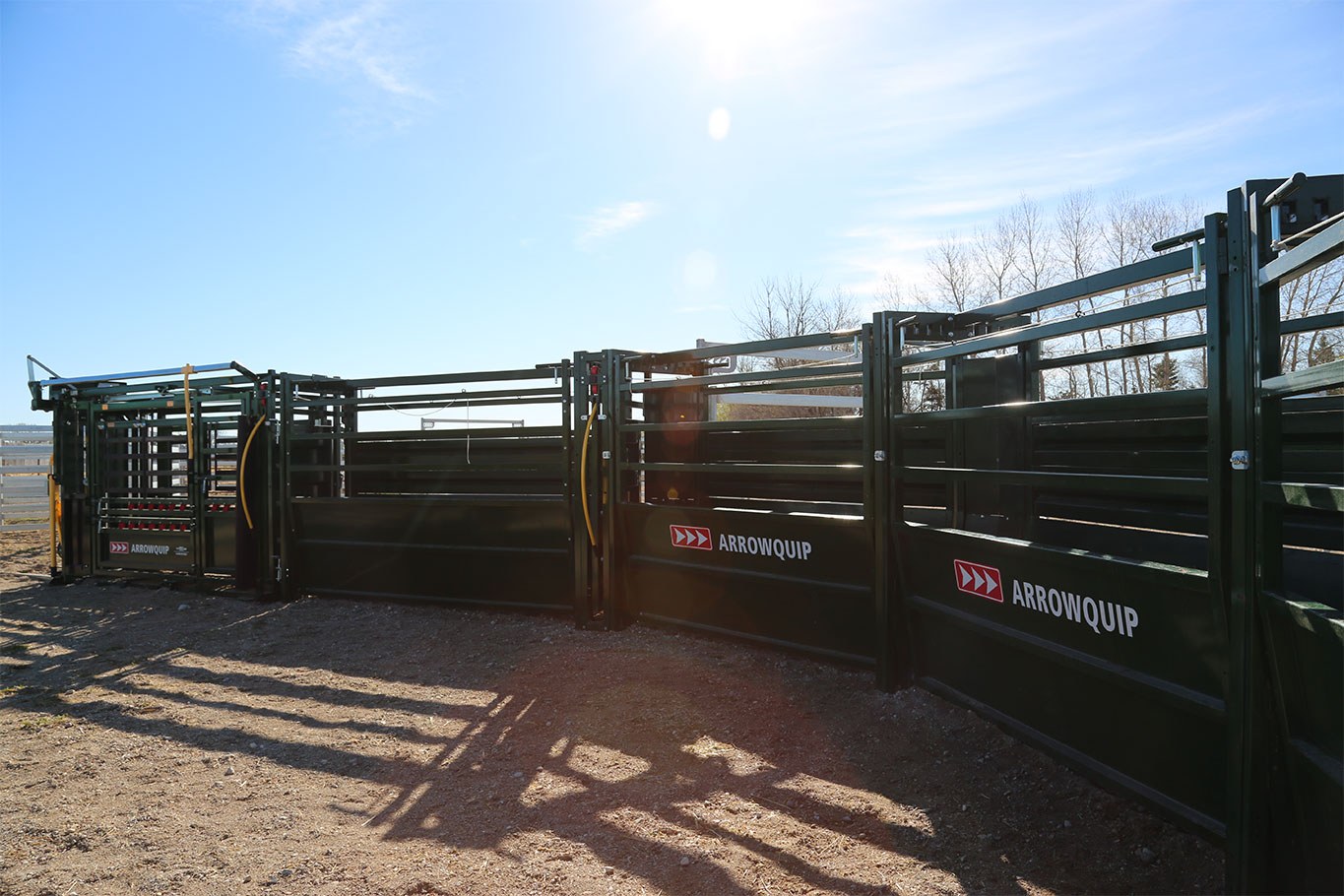
Hold Up: Where To Place Cattle Alley Gates In Your Working System
Cattle alley gates are essential in regulating cattle flow through your handling system. This is a guide for placing alley gates in your cattle working system.
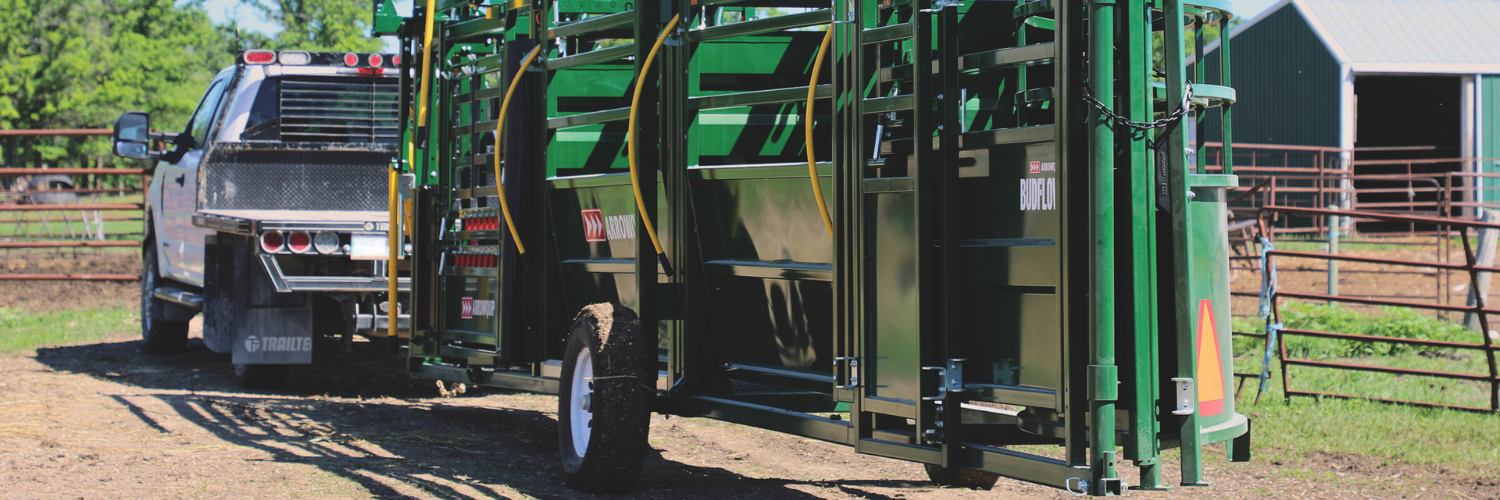
What Portable Cattle Handling System is right for you?
Arrowquip’s portable cattle handling equipment offers easy setup and transport, letting you create a system perfectly suited to your operation, no matter the location.